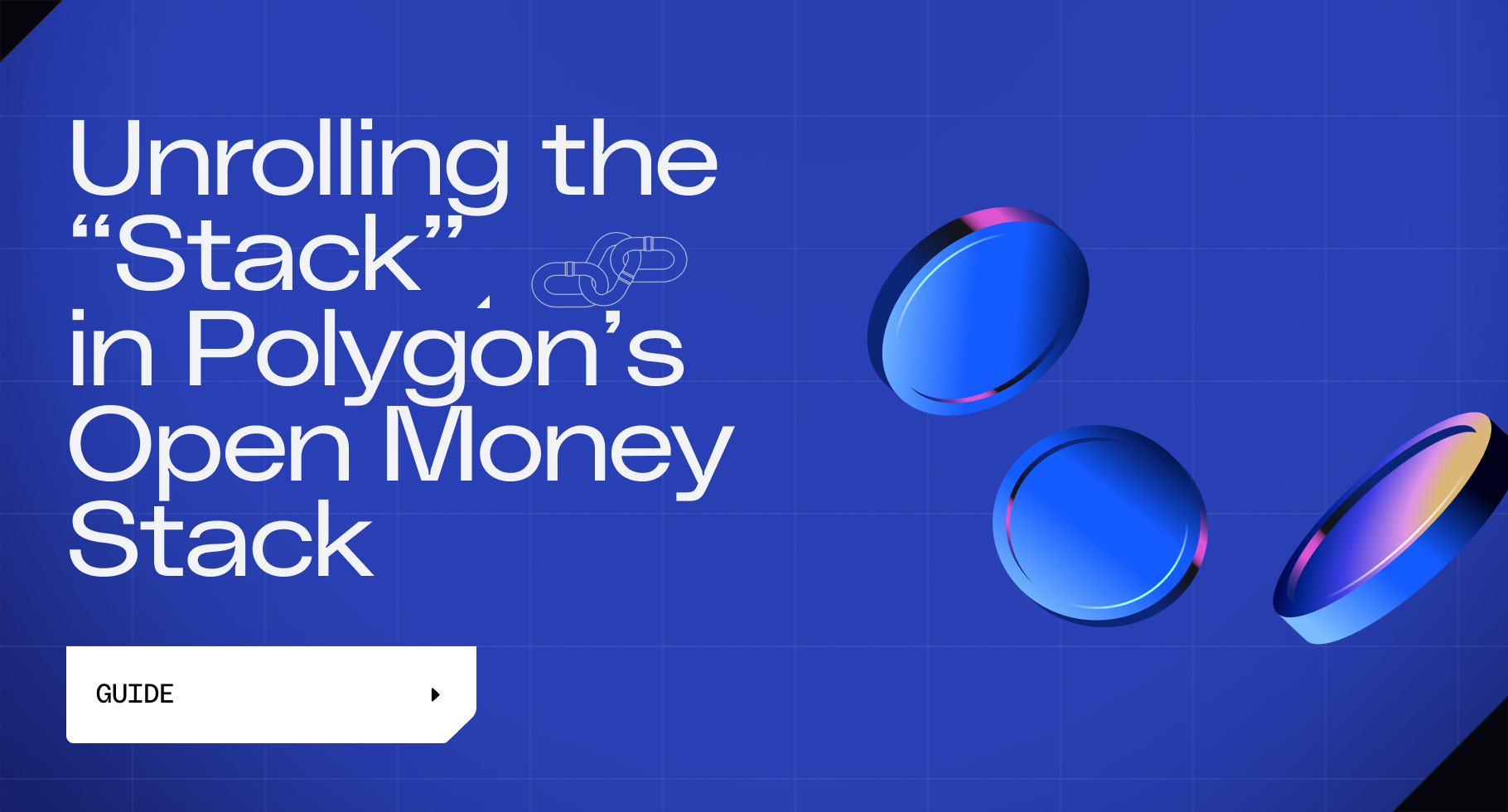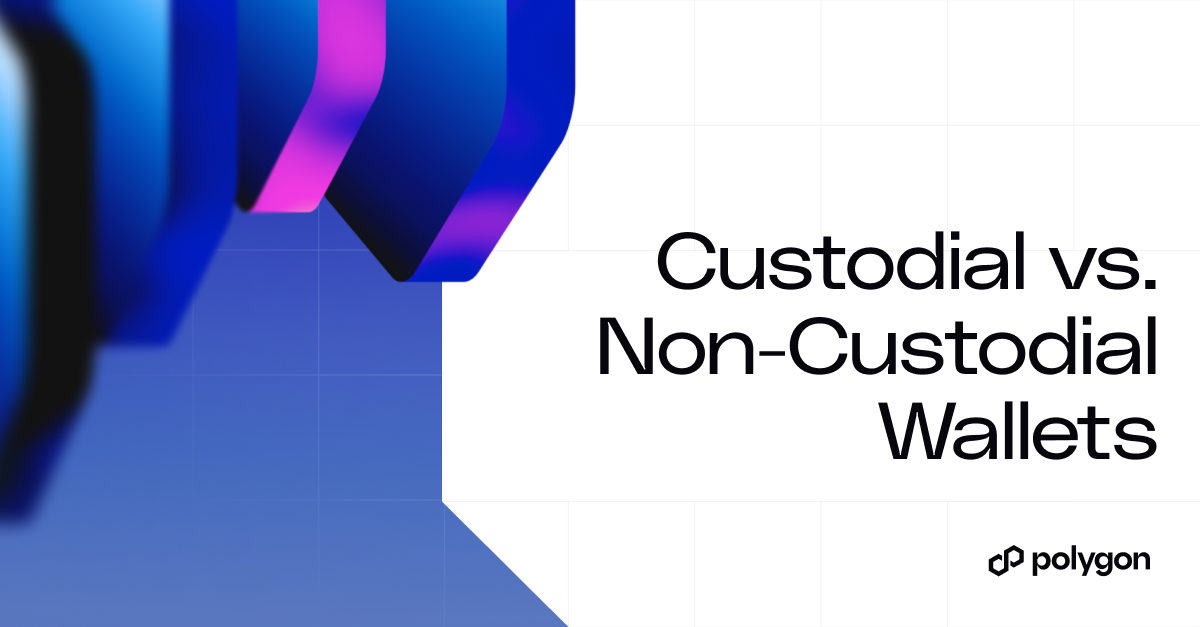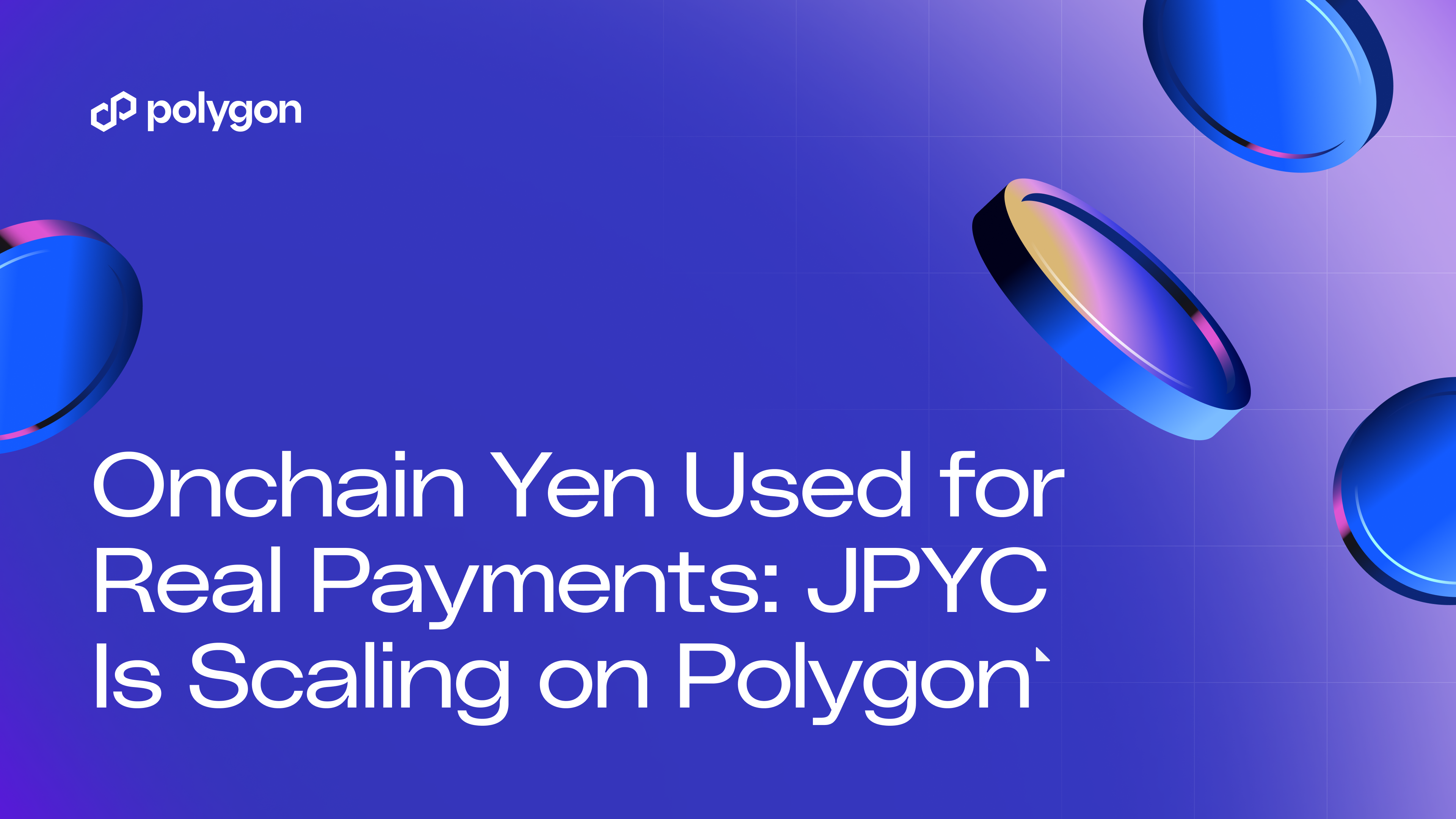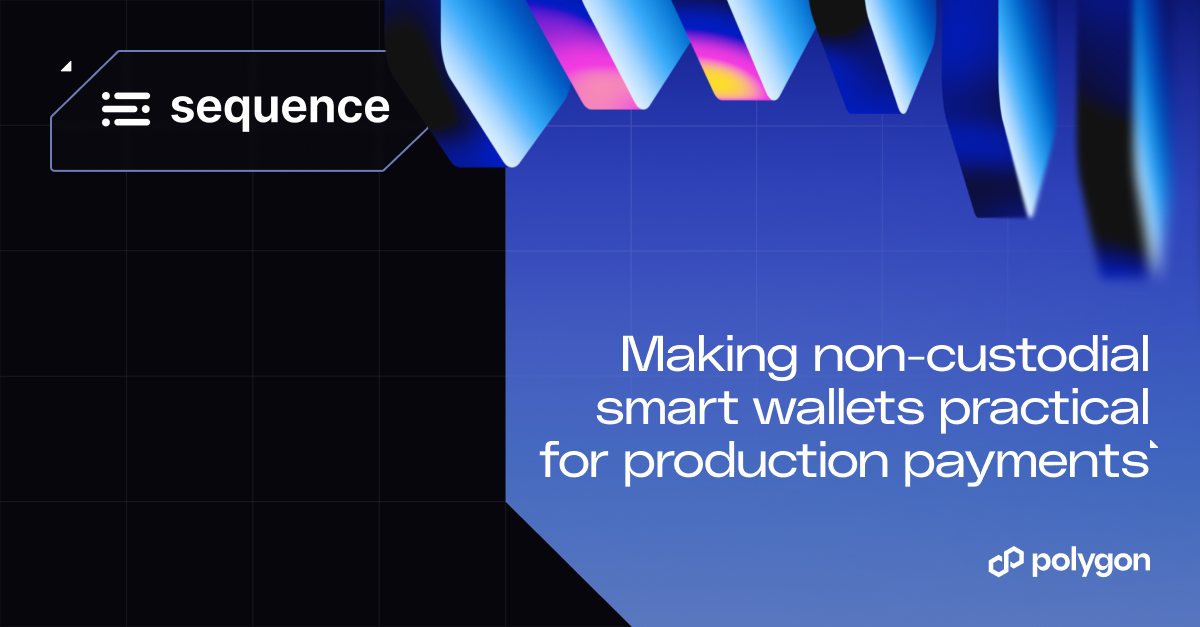AMINA Bank Introduces Regulated Polygon (POL) Staking for Institutions
With increasing usage and network updates, POL staking becomes more important than ever
.png)
AMINA Bank AG, a Swiss FINMA-regulated crypto bank, has become the first bank globally to offer institutional staking services for the Polygon network native POL token.
Institutional investors now have a compliant avenue to participate in the network and earn high-yield staking rewards on Polygon. Staking POL through AMINA will earn 15% yield through a unique partnership with the Polygon Foundation that boosts standard staking rewards.
By establishing a bank-regulated model for earning staking yield on Polygon, AMINA is opening access at a moment when network demand is surging: Polygon leads in everyday payments (less than $100) across all EVM chain, with more than 30% of marketshare; had $3.4B stablecoin supply; and takes the lead in emerging markets with 90% of stablecoin activity.
The AMINA offerings promise to help continue to secure this increased demand of stablecoin payments, secured and validated by POL.
Bringing institutional portfolios blockchain-native rewards
Typically, staking has been the domain of crypto-native organizations or individual token holders. It is the process of validating transactions and providing security in a proof-of-stake network. On Polygon, stakers who do the work earn rewards.
But as institutional adoption of blockchain accelerates, AMINA provides institutional clients native rewards for bringing network security.
AMINA’s clients stake POL through AMINA’s custody stack while meeting SwissKYC/AML and regulatory requirements;.
As a FINMA-licensed Swiss bank (since 2019), AMINA serves asset managers, family offices, pension funds, corporate treasuries, and ultra-high-net-worth individuals under strict compliance of Swiss regulation.
Polygon’s institutional-grade network adoption
Polygon has become an institutional platform for tokenization and payments, with major banks and asset managers deploying on the network.
It supports ~$3.4 billion in stablecoin supply and leads in micro/small USDC payments, with fees less than $0.01 and ~5s settlement.
Global financial leaders already build on Polygon. Recent integrations by Stripe, Cypher Capital, AlloyX, and more, enable near-instant global payments and access to institutional-grade yield. Apollo and Securitize launched ACRED, tokenized private credit, on Polygon; J.P.Morgan, Franklin Templton, Santander, and governments across the globe (from Wyoming to the City of Lugano) have also chosen to integrate real world assets on Polygon, providing a deep and growing pool of institutional capital.
The network’s performance and cost-efficiency have made Polygon a preferred blockchain for enterprises and financial institutions venturing into tokenization and programmable onchain finance.
POL Token Upgrade and Staking Rewards
POL, the native staking and gas token, secures Polygon.
POL is the upgraded successor to MATIC, introduced as part of a series of upgrades aimed to bring Polygon into a gigagas future. The migration from MATIC to POL is 99% complete.
For now, POL’s primary utility is validating blocks for network security and gas fees, to secure the Polygon PoS chain in exchange for protocol rewards and transaction fees.
Advancing institutional involvement in web3
AMINA’s boosted POL staking signals the next phase of institutional crypto adoption. Institutions are moving beyond passive exposure and toward active network participation and protocol rewards.
For Polygon, having a regulated bank onboard as a staking provider reinforces its place as an enterprise-friendly chain while broadening Polygon’s security base with professionally managed capital.
As more banks and fintechs follow, expect deeper TradFi-Polygon integrations.
Staking-as-a-service has arrived for regulated banking, starting with POL and AMINA Bank leading the charge.
About Polygon Labs:
Polygon Labs is a Web3 software company developing Polygon Proof-of-Stake network, the premiere blockchain for payments and RWAs, and Agglayer, a unified web of chains that feels like the Internet. Polygon is known as the low-cost, high velocity network, with billions secured in stablecoins, supporting a robust payments ecosystem to help grow Agglayer use cases in an interoperable Web3. Research from Polygon Labs has contributed to the development of widely-adopted zero-knowledge technology, with successful, independent projects incubated through the Agglayer Breakout Program, such as Katana, ZisK, Miden, PrivadoID, and more.
Disclaimer:
The information in this post should not be used or considered as legal, financial, tax, or any other advice, nor as an instruction or invitation to act by anyone. Users should conduct their own research and due diligence before making any decisions. Polygon may alter or update any information in this post at its sole discretion and assumes no obligation to publicly disclose any such change. This post is solely based on the information available to Polygon at the time it was published. Polygon makes no guarantee of future performance and is under no obligation to undertake any of the activities contemplated herein. Do your own research and due diligence before engaging in any activity involving crypto-assets. Use or reliance on information in this site is subject to the site’s terms of use [https://polygon.technology/terms-of-use].






.png)
%20(1).png)
.png)



.jpg)
.jpg)
.png)

.png)
